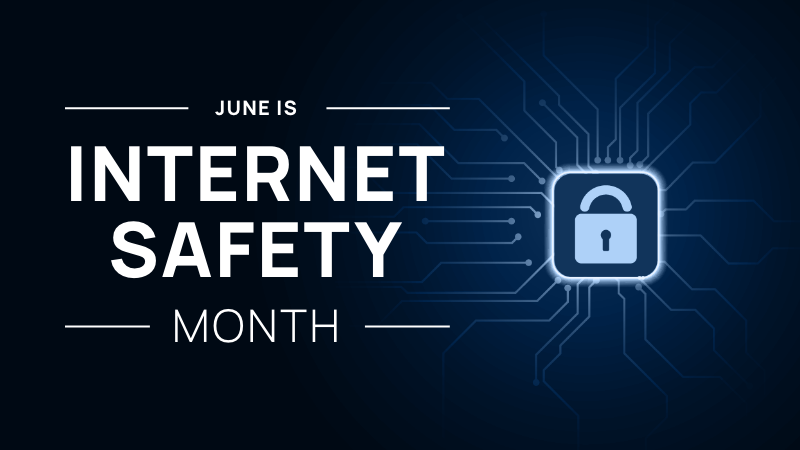The last week in June, Jack Kudale, Co-Founder and CEO of Cowbell and Matthieu Chan Tsin, Vice President of Cybersecurity Services spent two days in Washington DC with members of Congress to discuss the persistent and evolving threat of cyberattacks across various sectors in the U.S.
On June 26th, Cowbell hosted an event, Strengthening America’s Roots: Cultivating Resilience from Agriculture Cybersecurity Challenges, with the goal of raising awareness about growing cyber risks to the food and agriculture sectors. Congressman Swalwell, who is a ranking member of the Cybersecurity and Infrastructure Protection Committee, provided opening remarks on the importance of risk mitigation and the need for proactive engagement.
While many don’t think of food and agriculture as part of the tech sector, these industries are increasingly vulnerable to cyberattacks, as their reliance on digital technologies and automation grows. These attacks not only threaten the security of sensitive data but also have the potential to disrupt critical supply chains which could lead to food shortages and economic instability. Expert panelists including, Matthieu, Neil Coole, Director, Food and Retail Supply Chain at BSI Americas, Dr. Manimaran Govindarasu, Professor of Electrical and Computer Engineering, Iowa State University and Mark Montgomery, Executive Director of the Cyberspace Solarium Commission and former Policy Director for the Senate Armed Services Committee spoke about the reasons that motivate cyber threat actors to target the sector and about the knowledge, resources, technologies, and expertise owners and operators need to better secure the Food and Agriculture sector. Joyce Hunter, former Deputy CIO for Policy and Planning, USDA moderated the discussion.
On June 27th, Jack was a witness at the Subcommittee on Cybersecurity and Infrastructure Protection Hearing entitled: “Sector Down: Ensuring Critical Infrastructure Resilience.” (Watch his opening statement)
He discussed the vital role that cyber insurance can play in the event of a catastrophic cyber attack that damages critical infrastructure in the U.S. and the critical role of small and medium-sized enterprises (SMEs) within the ecosystem. These businesses are a cornerstone of the U.S. economy and employ millions of Americans. In the realm of cybersecurity, SMEs play a pivotal role due to their diverse and interconnected supply chains, which can serve as entry points for cyber threats affecting larger ecosystems. To mitigate these risks, education, training, and awareness are crucial. By empowering SMEs with the knowledge and tools to implement robust cybersecurity practices, the overall resilience of the business community and critical infrastructure is strengthened. This foundational approach not only protects individual businesses but also fortifies the broader economic landscape against the growing threat of cyber attacks.




